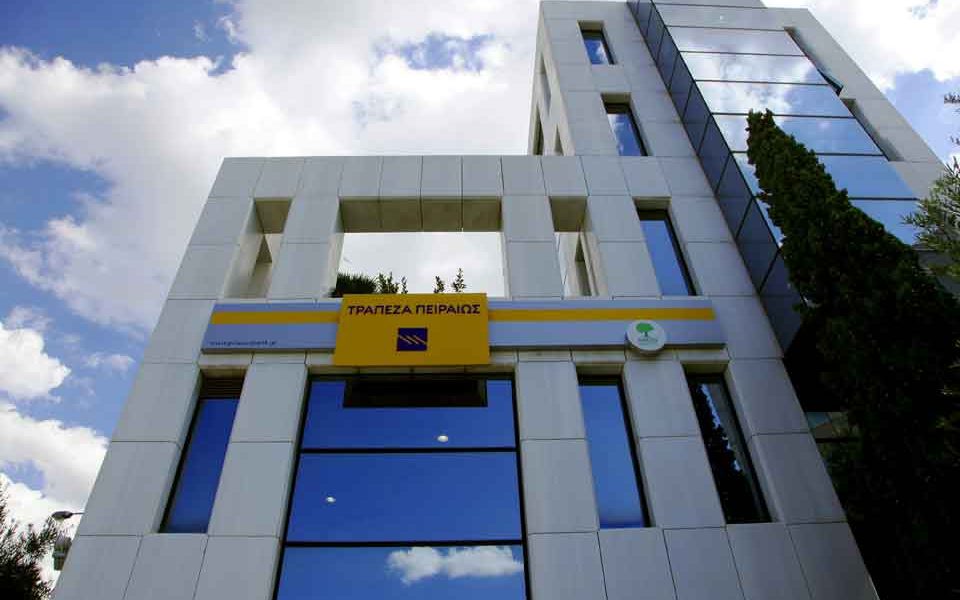Battle over state-backed loans

The issue of old loans issued with state collateral that that have been defaulted on has evolved into a tug of war between the government and the commercial banks.
That concerns loans adding up to 3.5 billion euros, consisting of €2 billion in mortgages and €1.5 billion in corporate loans, which were guaranteed by various governments in the context of social policy. Now it is the state that is in debt to the banks.
What is at stake now is whether those loans can or cannot be rearranged in the context of the new bankruptcy law, especially through the extrajudicial mechanism that will start operating as of June 1.
The matter dominated discussion between the Finance Ministry and the banks on Monday, as the out-of-court settlement process also allows for a haircut on individuals’ and corporations’ debts to banks as well as to the state. Therefore the question that has emerged is whether those loans could be rearranged through the extrajudicial procedure and whether they can be handled just like the other obligations, allowing them to have a haircut.
A key issue in the context of the out-of-court settlement is how an individual or a corporation with debts secured by the state and other debts without state collateral ought to be treated. In that case would only the debts without state collateral be rearranged? And how should the tranche due be defined when the guaranteed debt is not factored in?
Banks generally treat state-guaranteed loans like the sacred cow of credit, as the government guarantee means they can have the entire sum repaid, so they tend to reject any possibility of a haircut as well as any sort of arrangement. That is because banks have not made any provisions for those loans due to the state collateral, so any rearrangements would require additional provisions in line with the requirements of the supervisory mechanisms.
The state has delayed the payment of those loans for years, citing the bailout austerity, and it is only recently – upon the insistence of its creditors – that it has set out the process for clearing out those loans.





